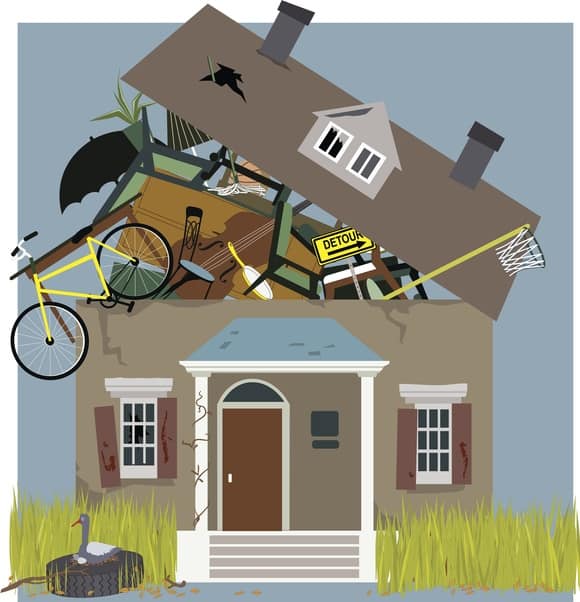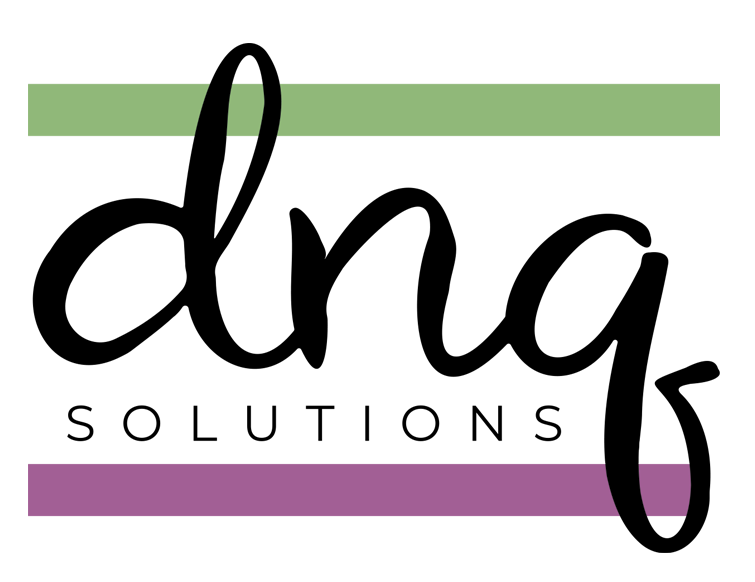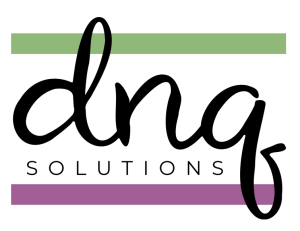
Over the next few months, we will be interviewing professionals who work with the hoarding population. We are asking them to share their insight on people who hoard and people who think they have the hoarding disorder.
We recently interviewed Cris Sgrott. Cris is a Certified Professional Organizer, Certified Professional Organizer in Chronic Disorganization, ICD Master Trainer, productivity consultant, speaker and business success educator dedicated to helping individuals and businesses become productive, organized, and successful.
Cris was born and raised in Brazil and moved to the US at the traumatic age of 15. She has lived in several states and driven cross country twice. Cris loves road trips, and to watch independent/weird movies that nobody else seems to enjoy. Whenever she has time, you can find her riding her road bike, hanging out with people, or of course organizing something at the house!
Questions & Responses
What training have you taken?
I earned my NAPO (National Association of Productivity and Organizing Professionals) CPO® certification in 2011. I have taken lots of training through ICD (The Institute for Challenging Disorganization)and in the same year, 2011, earned my CPO-CD® – and became a Master Trainer in 2014. I completed Denslow Brown’s Coach Approach for Organizers Foundation Courses and I am currently working on my certification for NASMM (National Association of Senior Move Managers).
What percentage of your clients do you suspect have hoarding tendencies?
There are seven organizers on my team. I, personally, work fewer hands-on hours now and less than 5% of the clients we work with have hoarding tendencies. 60% to 70% of our clients are chronically disorganized or have ADHD.
As you start working, are there times when you discover this is something other than hoarding?
Yes. It seems like 100% of the time they have something else going on in their brain. We see clients with childhood trauma, depression, people going through transitions, people suffering a lot of loss. I find that hoarding is often a surface diagnosis. Go below that and you find something else. I always say that we are one nervous breakdown away from becoming a hoarder.
What tool do you use to determine the amount of clutter?
We use the ICD clutter/hoarding scale. Usually our clients are just at a 3, although recently we had a level 5. I teach a class to real estate agents and use the clutter/hoarding scale to inform them about what severe clutter looks like. The class helps us all talk using the same language.
How do you determine if the working area is safe for you and your client?
My organizers are good and very tolerant and have a lot of compassion. We do discuss the projects to determine if we need pest control, hazmat suits, or gloves. We always bring a change of clothes. We are not afraid of the bugs. I had a client once that called to say she had one “mice”. We called for pest control and I believe they killed over 200.
Do you usually work alone or with a team? If you work with a team, who do you want on your team?
We have a team of seven. We use our own Policies and Procedures handbook. Before hiring, I make certain that the applicant has the same core values as my company.
Would you be willing to share something you learned – maybe the hard way from a client?
I learned a couple of things in the past. I no longer allow anyone else to call for a potential client. The person I am going to work with must make the call themselves. The person I’m working with must be invested in the project – it doesn’t matter if someone else is paying me.
Also, I never start new clients around the holidays anymore. The holidays are a highly charged time. I had a client have a massive panic attack once because of this. She had no support and she called me for 3 days about every 3 hours.
I presented a class with Roland Rotz, Ph.D. titled Case Study: Ethical Disasters in Chronic Disorganization (December 2013) for ICD in which we discussed identifying red flags and green flags (a term coined by Dr. Rotz) when working with a client. If you are a premium ICD subscriber you can access this class through the ICD vault.
What advice would you give someone who is considering going into the field?
Understand what is happening. Get all the education you can. Don’t start off your career with a difficult hoarding situation. See if you can assist or shadow someone who works in this field before you try it on your own. Everything I learned about hoarding, I learned through ICD.
Do you have a shareable list of resources for people challenged by hoarding or their families?
I have an extensive list of resources for people who want to recycle stuff on my website if they live in the Washington, D.C. area, there are also several national resources. Anyone can take advantage of my video book club which are also on my website and on our YouTube channel.
Thank you very much for this fabulous time spent together learning more about the work you do.
If you are or if you know a professional who works with people with hoarding tendencies, please feel free to get in touch with us. We’d love the opportunity to talk with you, too!
Diane N. Quintana is a Certified Professional Organizer, Certified Professional Organizer in Chronic Disorganization, ICD Master Trainer and owner of DNQ Solutions, LLC based in Atlanta, Georgia. Diane teaches busy people how to become organized and provides them with strategies and solutions for maintaining order in their lives. She specializes in residential and home-office organizing and in working with people challenged by ADD, Hoarding, and Chronic Disorganization.
Jonda S. Beattie is a Professional Organizer and owner of Time Space Organization based in the Metro-Atlanta area. As presenter, author of three books as well as a retired special education teacher, she uses her listening skills, problem solving skills, knowledge of different learning techniques, ADHD specialty, and paper management skills to help clients tackle the toughest organizational issues. Jonda does hands on organizing, virtual organizing, and moderates a Zone Plan Teleclass for those who prefer to work on their own with organizational coaching.

